Indigenous Governance Database
Section 17 corporations

Richard Luarkie: Leadership and Nation Building at Pueblo of Laguna
In this informative interview with NNI's Ian Record, Governor Richard Luarkie of the Pueblo of Laguna discusses Laguna's approach to nation building, the roles their core values and time-tested process for cultivating effective leaders has played in that effort, and how and why Laguna has worked to…
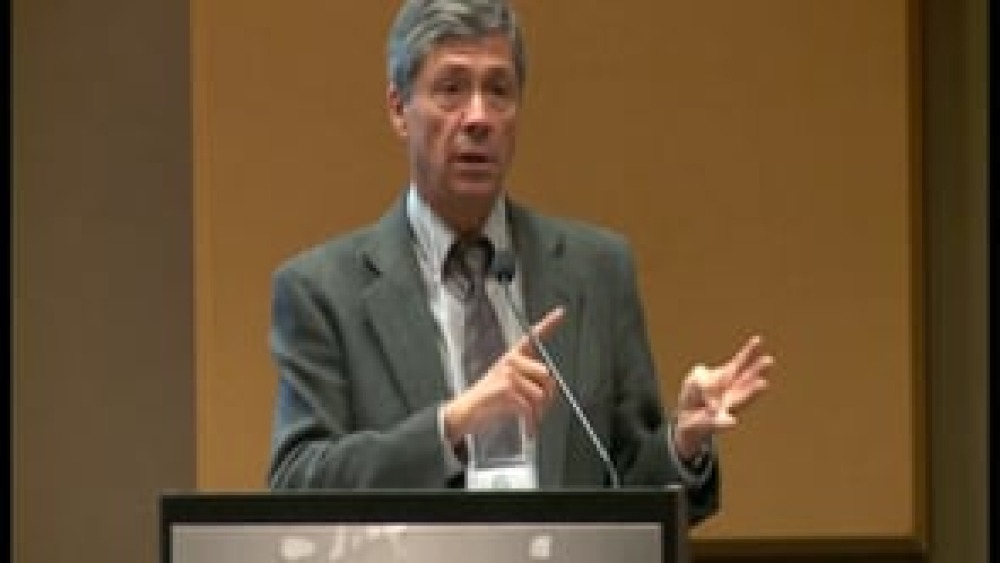
Robert Miller: Creating Sustainable Reservation Economies
In this informative and lively talk, law professor Robert Miller discusses the importance of Native nations building diversified, sustainable reservation economies through the cultivation and support of small businesses owned by their citizens, and offers some strategies for how Native nations can…
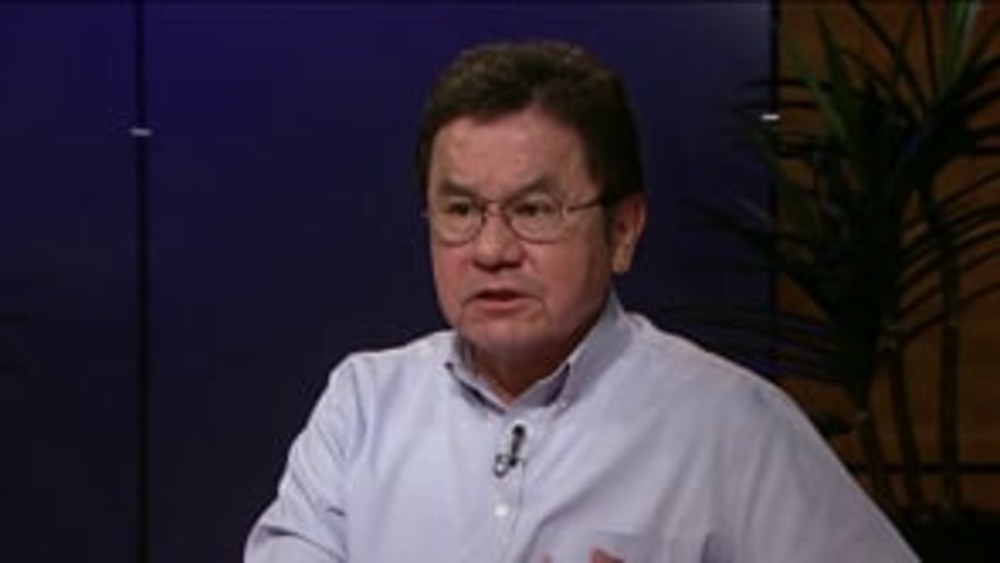
NNI Indigenous Leadership Fellow: John Petoskey (Part 2)
In the second of two interviews conducted in conjunction with his tenure as NNI Indigenous Leadership Fellow, John Petoskey, citizen and long-time General Counsel of the Grand Traverse Band of Ottawa and Chippewa Indians (GTB), discusses the legal doctrine of tribal sovereign immunity and…
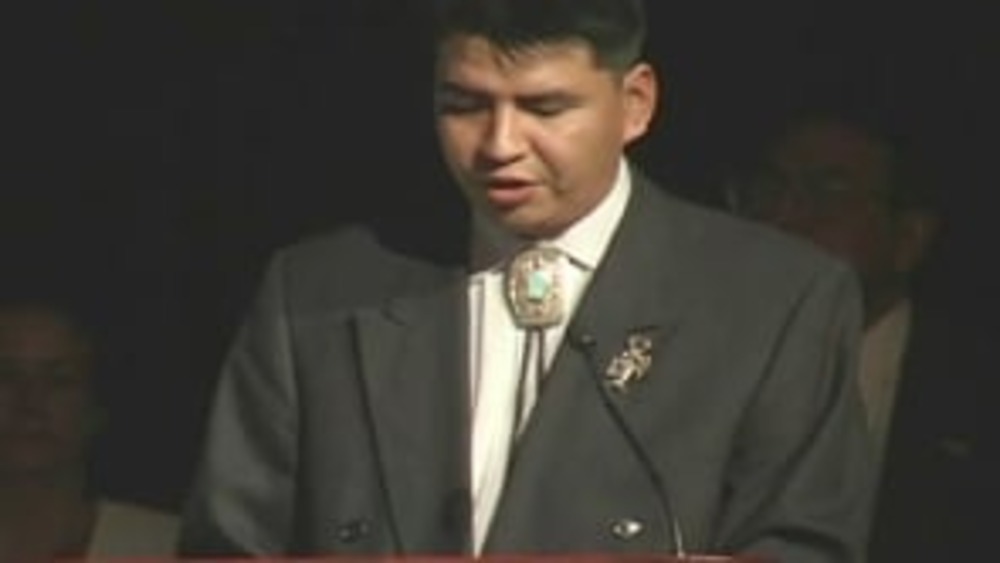
Honoring Nations: Loren Bird Rattler, Ray Montoya and Jay St. Goddard: Siyeh Corporation
Representatives from the Siyeh Corporation present an overview of the corporation's establishment and growth to the Honoring Nations Board of Governors in conjunction with the 2005 Honoring Nations Awards.
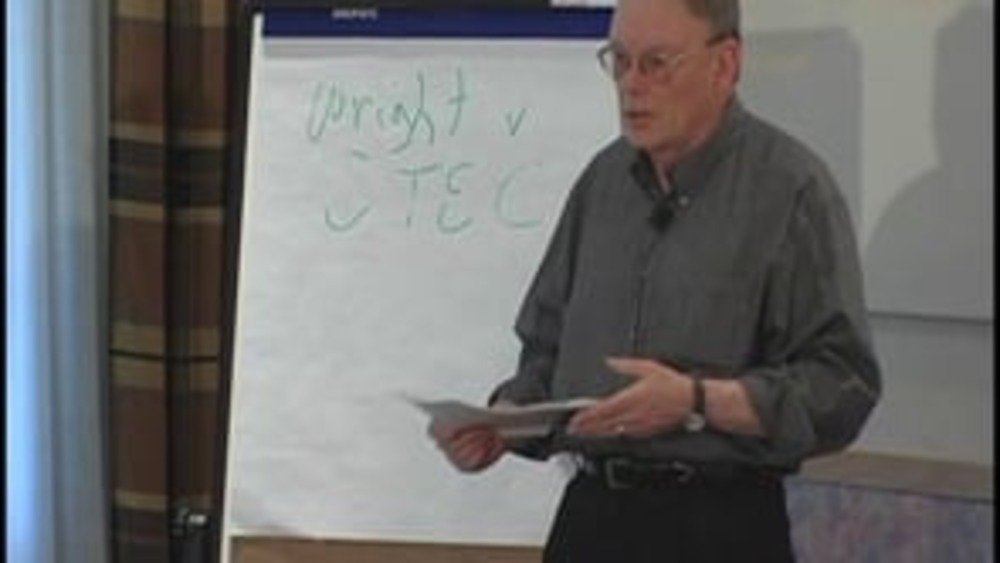
Michael Taylor: The Practical Issues of Business Development - Some Things to Consider: When to Waive Sovereign Immunity (or Not)
Tulalip Tribes' Attorney Michael Taylor explains when tribes should and should not waive sovereign immunity and why. He also discusses some effective approaches to doing limited waivers of sovereign immunity, and stresses the importance of Native nations building a track record of fair and…
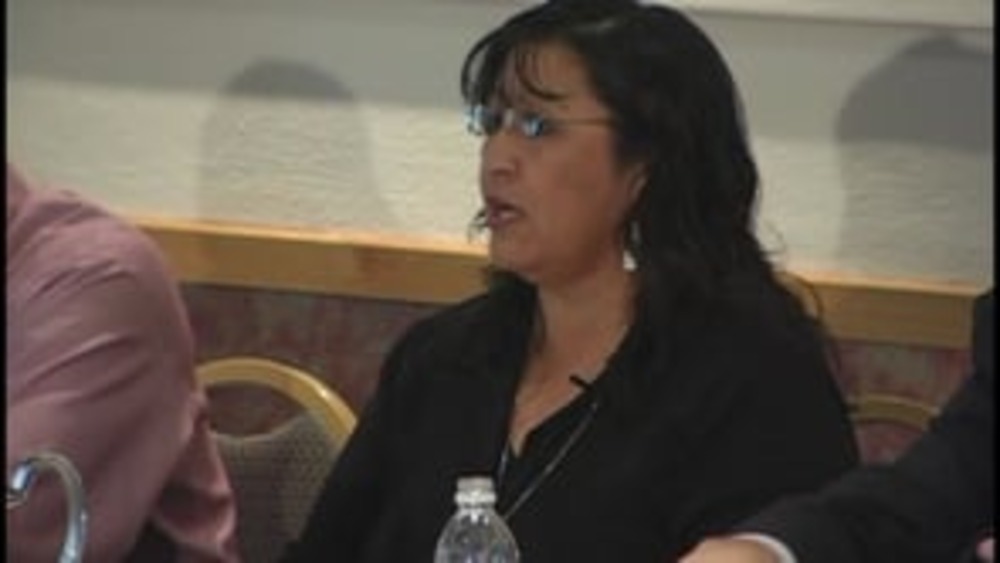
Joan Timeche: The Practical Issues of Business Development - Some Things to Consider: Governing Body
Native Nations Institute Executive Director Joan Timeche shares her experiences as a board member on two tribal economic development corporations, and identifies some key things that Native nations need to consider as they work to craft effective approaches to corporate governance.
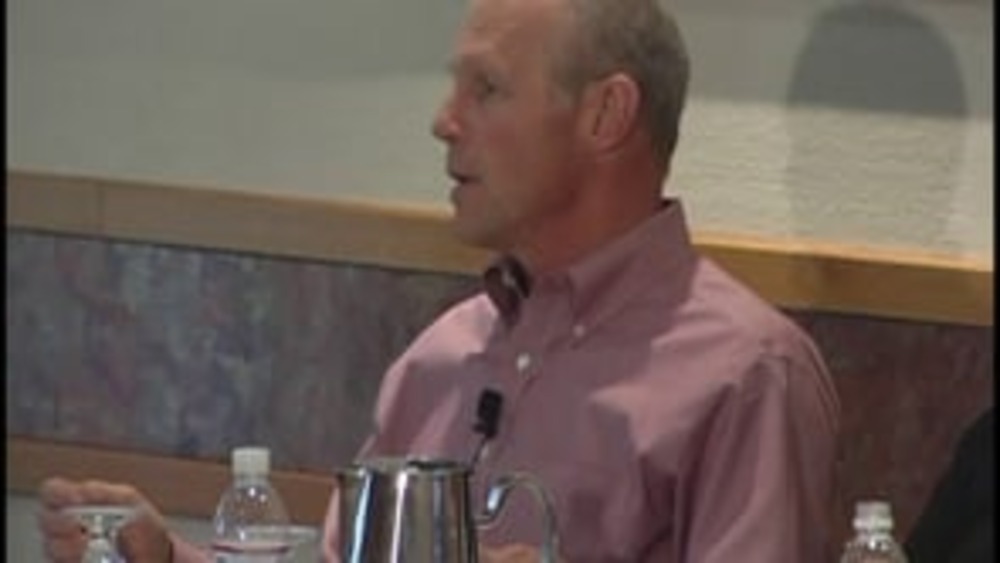
Joseph P. Kalt: The Practical Issues of Business Development - Some Things to Consider: Legal Structure
Harvard Project on American Indian Economic Development Co-Director Joseph P. Kalt discusses the types of corporations that Native nations can charter and what they should consider when deciding which type to choose.
Jerry Smith: Building and Sustaining Nation-Owned Enterprises (2008)
Laguna Development Corporation President and CEO Jerry Smith discusses the evolution and growth of the Pueblo of Laguna's diversified economy, and the importance of building an infrastructure of laws and rules in ensuring the success of Laguna's nation-owned enterprises.
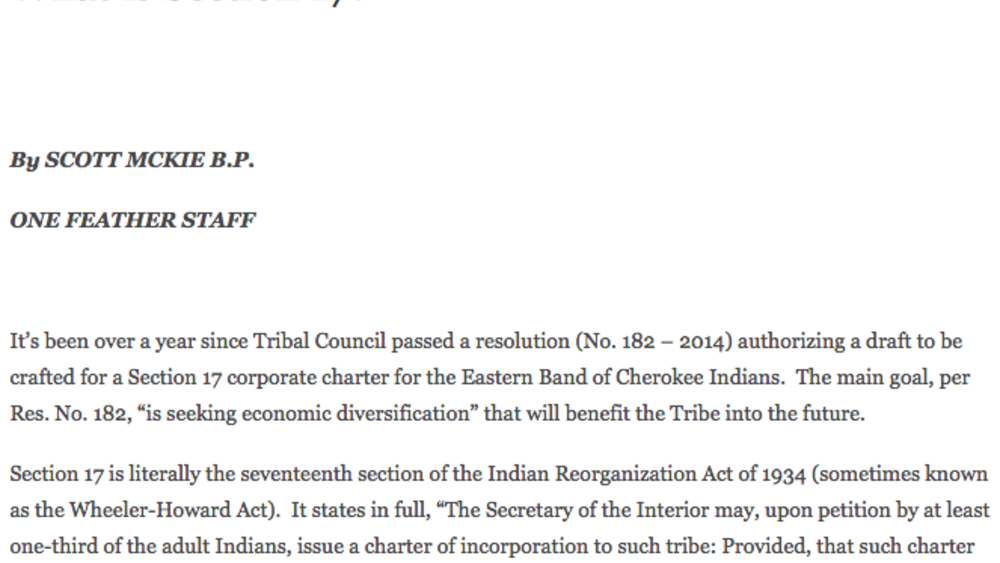
What is Section 17?
It’s been over a year since Tribal Council passed a resolution (No. 182 — 2014) authorizing a draft to be crafted for a Section 17 corporate charter for the Eastern Band of Cherokee Indians. The main goal, per Res. No. 182, “is seeking economic diversification” that will benefit the Tribe into the…
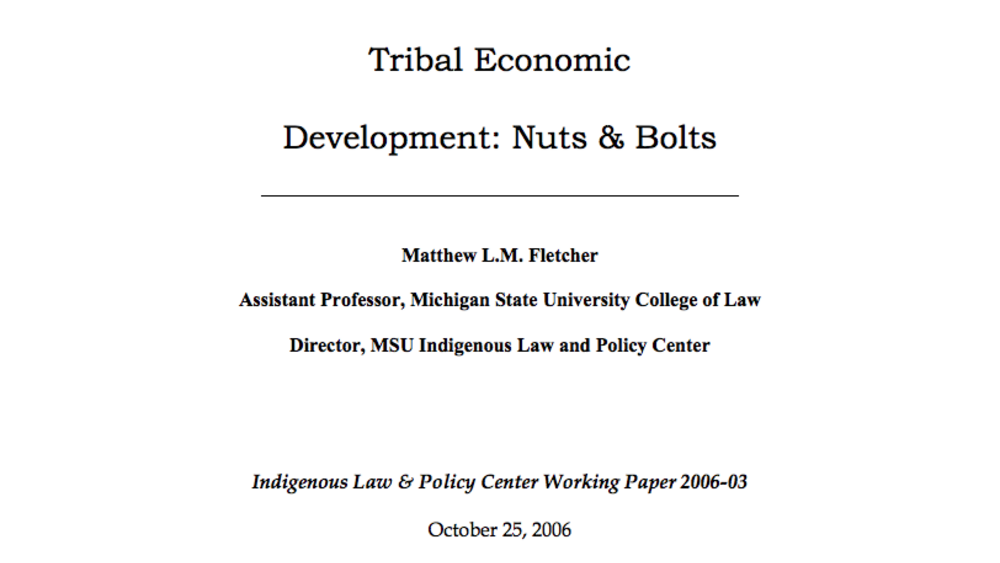
Tribal Economic Development: Nuts & Bolts
Tribal economic development is a product of the need for Indian tribes to generate revenue in order to pay for the provision of governmental services. Unlike the federal government or states, Indian tribes – in general – have no viable tax base from which to generate revenues sufficient to…
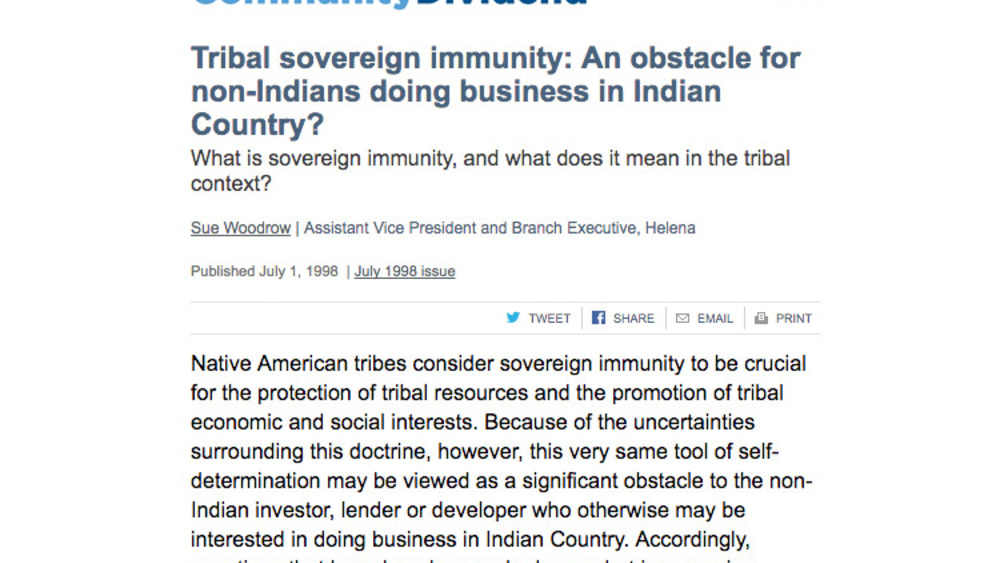
Tribal sovereign immunity: An obstacle for non-Indians doing business in Indian Country?
Native American tribes consider sovereign immunity to be crucial for the protection of tribal resources and the promotion of tribal economic and social interests. Because of the uncertainties surrounding this doctrine, however, this very same tool of self-determination may be viewed as a…
